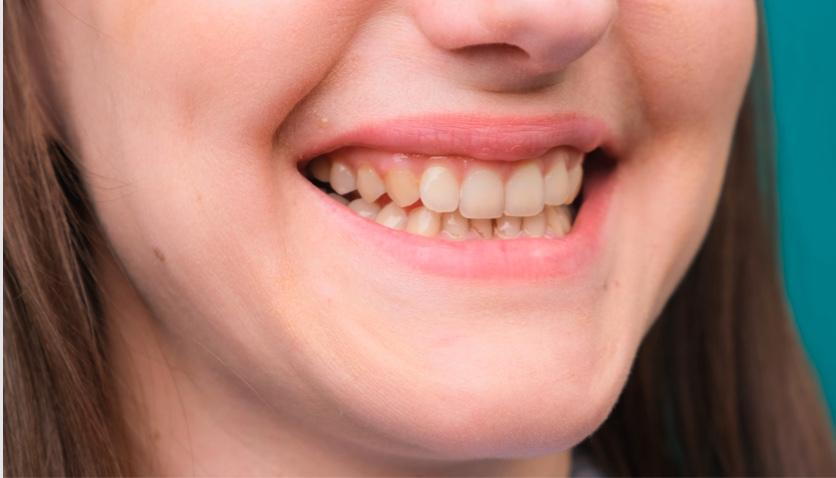
The Negative Impact That Smoking Has on One's Dental Health
A highly addictive behavior, smoking continues to have a negative impact on the lives of millions of individuals all over the world. In spite of education efforts and public service announcements, a significant percentage of people in every region of the world continue to smoke. Smoking is harmful to one's health in general, and the effects of smoking are felt in every part of the body. Oral health is one of the areas that smoking has a significant impact on. Recent studies have demonstrated that smoking can have serious effects on an individual's dental health. In this entry of the blog, we are going to talk about the impact that smoking has on dental health.
1. Tooth loss Smoking is one of the primary contributors to tooth loss and tooth decay. According to the findings of several studies, the risk of tooth loss in smokers is three times higher than in non-smokers. This is due to the fact that smoking decreases the amount of blood that is supplied to the gums, which in turn leads to gum disease. As a result of the destruction of the supporting tissue and bone around the teeth, gum disease can result in the loss of teeth. The bone structure that supports the teeth becomes more fragile as a result of smoking, which ultimately results in tooth loss.
2. Teeth discoloration Nicotine and tar found in tobacco are responsible for the yellowing and browning of one's teeth. Brown stains that are difficult to remove can be the result of smoking continuously for an extended period of time. Teeth that are discolored might make it difficult to smile and can make you feel less confident around other people.
3. Halitosis is the medical term for bad breath. Halitosis is also known as halitosis. One of the most common factors contributing to foul breath is smoking. Smoking cigarettes causes an unpleasant odor to be left in the mouth, which results in bad breath. Smoking also causes dry mouth, which is another factor that contributes to the development of halitosis.
4. A delay in the healing process of wounds Smoking slows down the process of healing wounds in the mouth. Tobacco smoking results in inflammation and decreases the transport of nutrients to the tissues of the mouth since it contains tar and nicotine. The healing process of any cuts or injuries in the mouth is slowed as a result of this, which can lead to pain, discomfort, and even infections in some cases.
5. Cancer of the mouth, lips, and throat Cancer of the mouth is a disease that can be fatal that affects the mouth, lips, and throat. Smoking cigarettes or using other products containing tobacco can lead to this condition. Smokers have a risk of developing mouth cancer that is six times higher than that of non-smokers. Finding oral cancer in its early stages might be difficult, but doing so is essential for getting treatment as soon as possible.
To summarize, smoking has a profoundly negative impact on one's dental health. It has been linked to conditions such as tooth loss, halitosis, stained teeth, delayed wound healing, and oral cancer. It is imperative that one does not discount the negative effects that smoking has on dental health. Quitting smoking is the single most effective measure you can take to lessen the impact that these health issues will have on the rest of your life. Quitting smoking at any point in time is possible, and if you do, your oral health will experience a dramatic uptick. In addition to that, it may be good to seek the counsel of dental professionals and to have frequent dental checkups in order to recognize the oral health impacts of smoking and treat them before they cause significant harm.
